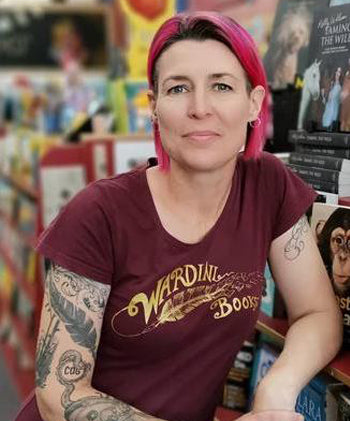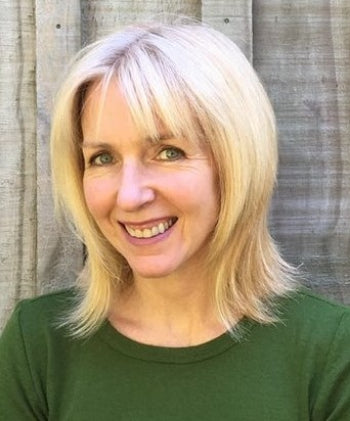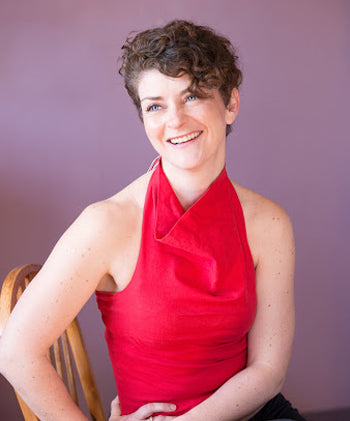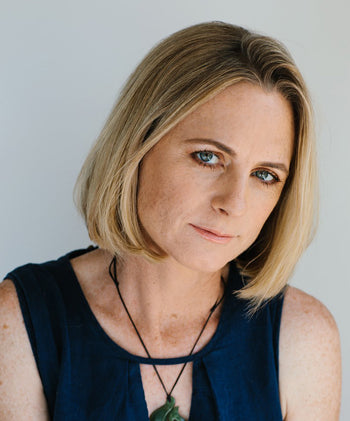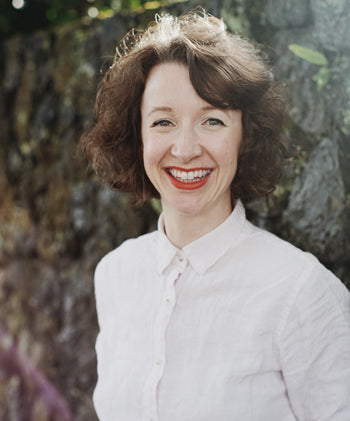For some kids, the thought of a long summer swinging gently in hammocks, lying under trees or baking on a beach reading book after wonderful book is the very definition of bliss.
For other kids, it’s a nightmare. No sooner does a longed-for holiday arrive than parents go and spoil it by insisting that their children read books.
For me, my heart swells when I see my sons select a book (unprompted), find a quiet spot and read for pleasure. It feels like a kind of insurance policy for the future – that no matter what happens, if they’re capable and keen readers then anything is possible. Whatever they don’t know, they can teach themselves.
Contrast that with the dread that rises when your child isn’t remotely interested in reading of any kind. The awful fear that theirs will be a life of struggling through school and university years and beyond. It’s also coupled with a sadness – that they may never appreciate the mind-opening power, elation, heartbreak, and awe of a truly great book.
I was recently asked to join authors Stacy Gregg, Melinda Szymanik and Maria Gill to speak about children’s reading at the Remuera Library in Auckland. The topic was to be great books for kids, but actually much of the conversation revolved around just how to get reluctant readers to read.
Gregg remembered her angst around her daughter not just refusing to read her own books, but also ignoring recommendations of great books from her own childhood. Instead she preferred books that Gregg thought were complete rubbish. After much hand-wringing, Gregg realised that her best strategy was to leave her daughter alone. She might not be reading great literature, but at least she was reading something. She found that as her daughter grew up, she eventually read all of those great books – and more.
This notion was echoed by Ruth Jackson, the children’s librarian at Remuera Library. She urged parents not to worry too much about their own personal ideas of what their children should be reading – for example, books about the great wars, or the human body – but rather let them select whatever they choose.
Jackson also encouraged people not to panic too much about what they might consider inappropriate content – in her long experience she has discovered that most children (but of course, not all) tend to self regulate – they’ll put down a book which has inappropriate subject matter and choose something else.
A month or so back I met with Jo Cribb, the chief executive of the NZ Book Council, and Linda Vagana of Duffy Books in Homes. They’re working on a joint campaign to shift the image of reading, particularly among intermediate-age boys. They’d heard about how effective my books had been in enticing reluctant readers to read, and how the use of augmented reality in my books had brought an extra, rather enticing dimension for those children who might be more inclined to pick up a device than a book.
Their research showed that for those year seven and eight boys, books are boring, reading is hard, and playing sports and video games are more interesting. But when asked about the type of books they might read (if they really had to), many spoke of practical 'how to’ guides on topics they’re interested in, and books that tell stories about real people's lives. The boys wanted their reading experience to be dynamic, social and embedded in the activities they enjoy. Jo Cribb’s post on Linkedin said: “They thought subtitles could be included in their favourite online games, libraries could be like escape rooms, spaces could transform into 3D images of what they were reading, or basketball hoops would only work if they read a chapter before shooting.
So being able to relate to the content they’re reading ties in nicely with Jackson and Gregg’s recommendation: to let kids choose what they want to read. All you have to do is lead the horse to water and provide a wide range to choose from –- bring them to a library or book store and let them choose what they like. Suggest books, but don’t be offended if they turn up their nose.
For my part, I spoke to the audience at Remuera Library about the enjoyment of books. By intermediate school, if kids truly think books are boring then it’s going to be an uphill battle to change their minds (but, of course, a battle well worth fighting).
The trick, of course, is to win that battle when they’re still young. Read to them every night. Help them read books that are a little tricky. If they’re struggling, then take over completely and read them the whole thing. It doesn’t matter if, at eight years old, they read it themselves or not – the goal is to cement reading and pleasure so firmly together that their notion that reading is a pleasurable activity is unshakeable. It needs to be so firmly planted in their mind that it can withstand any amount of ‘reading-is-dumb’ peer pressure later in their life. And, of course, the holidays are the one time in your busy life that you’ve got time to read to them.
Whenever I visit a school I tell the pupils that when I was a teenager I read The Power of One, by Bryce Courtenay. I was lying on my bed, reading a particularly exciting passage when I realised that my heart was pounding in my chest. It was the first time a book had done that to me, and I never forgot it. It’s also the reason that in my own books I’ve tried to create that sense of tension and apprehension (interspersed with a few laughs), and the inevitable build to a crescendo of fast and furious action. They’re often the books that grip children – think Danny The Champion of the World, or Fantastic Mr Fox – and don’t let them go until the end. I want the children who read my books to creep back and read the next chapter on their own because they just can’t stand waiting until the evening when their mum or dad might have time to read to them. And I imagine the parent peeping through the bedroom door, watching their child reading, their heart swelling.

